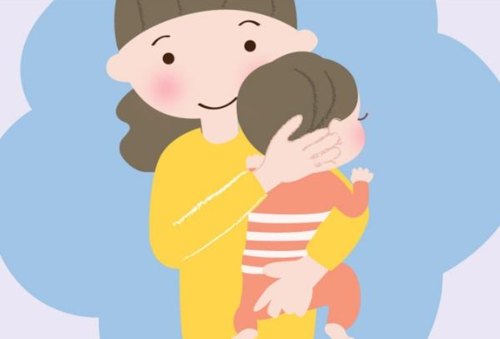Children are treasures in the hearts of every parent, and when a child shows unusual signs, especially when a mother notices that the baby’s stool is green, it is natural to feel worried. So, what does it mean when a baby has green stools? Does it affect the baby’s health?
The color of stool is usually closely related to the baby’s diet. Breastfed infants typically have yellow or golden-yellow stools that are smooth in texture, slightly sweet and sour in smell, and rarely foul in odor. Occasionally, there may be milk curds or slight green hues; whereas formula-fed infants may have stools that are light yellow or brownish-yellow, firmer, well-formed, and drier, with less adherence to the diaper. If the formula contains a high sugar content, the stools may be softer and carry a slight putrid smell.
When a baby’s stool appears light green, it is usually normal; however, if it is deep green, it may signal digestive issues, in which case digestive aids can be considered. For breastfed babies, having slightly acidic stools that are mildly green is common, and it is also normal for them to have white particles. As long as the baby has a good appetite, is in good spirits, and is steadily gaining weight, parents need not worry too much. Conversely, for formula-fed babies, green stools may indicate accelerated intestinal peristalsis or slight inflammation, so it is necessary to monitor for diarrhea.
There are various specific reasons why a baby may have green stools, including but not limited to: the baby feeling cold, indigestion, which may be accompanied by spitting up; if the baby hasn’t eaten enough, hunger can accelerate gastrointestinal movement, causing unconverted bilirubin to be excreted with the stool, resulting in green diarrhea; excess bilirubin during fat digestion can also lead to green stools, and probiotics can be considered if digestive issues arise; for babies consuming iron-fortified formula, if the iron absorption is incomplete, the stools may appear yellow-green with large white particles and an unusual smell; introducing solid foods, such as green vegetable puree, may temporarily cause green stools as a normal reaction to new foods, and parents need not overly worry.
In response to this situation, parents need not be overly anxious but should remain vigilant and accurately assess the reasons. If the situation persists or is accompanied by other discomforting symptoms, it is best to consult a doctor to avoid unnecessary health risks from self-medication. Properly understanding and addressing this physiological phenomenon in babies is an important support for their healthy growth.


